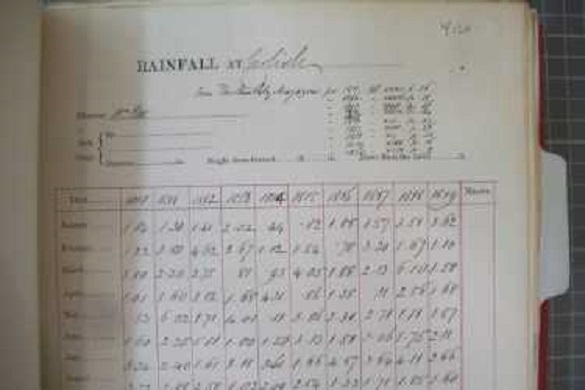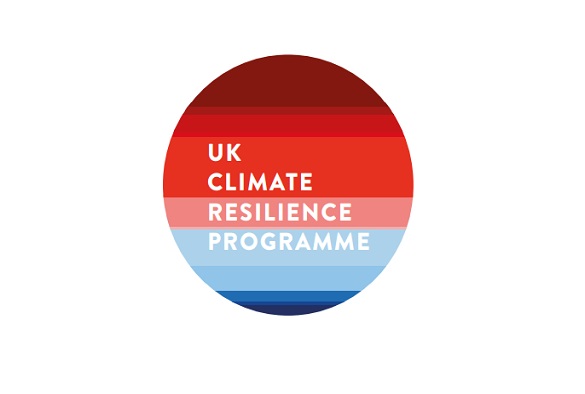Using knowledge of the past to inform future climate responses
Published on

A new research project will explore how historically landscapes, communities and people have coped with, and adapted to, environmental change with a view to informing current and future climate responses.
Funded by the Arts and Humanities Research Council (AHRC), and in collaboration with Historic England, the Universities of Glasgow and Northumbria, the project will consider how communities and landscapes have responded, and adapted to, past climate variability, whilst some changes go unnoticed as they happen over a longer period of time, others are more abrupt and more obvious.
The project will focus on three areas in Cumbria, Staffordshire and the Outer Hebrides, which all bear a strong association between climate hazards and water. It will bring together information stretching over thousands of years using archaeological data, historical records and archives alongside data and records from more recent years for each area. This will put weather and climate events in context over a far longer timescale and help re-evaluate events which might be seen as unique or unparalleled in magnitude or severity.
Professor Neil Macdonald, from the University’s School of Environmental Sciences, is leading he project. He said: “Understanding how communities have interacted within their environments in the past and how they’ve adapted to changing circumstances provides a useful basis for examining how we consider, respond to and manage current and future climate resilience responses.
“Information on past societal adaptations is often not well recorded, or accessible, and it is important to fill this gap and understand how communities have historically responded and adapted to extreme weather events.”
The project also aims to develop a toolkit to help decision making by cataloguing past features (archaeological, historic, material and archival) and supplementing with contemporary oral histories within a GIS, using an approach previously piloted by Fjordr (a consultancy company and project contractor) in collaboration with Historic England, which engages with communities throughout the process.
Building Community Resilience through Community, Landscapes and Cultural Heritage (CLandage) is a two year AHRC funded research project funded as part of the UK Climate Resilience Programme.
